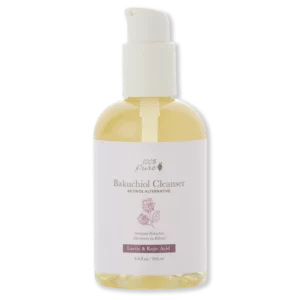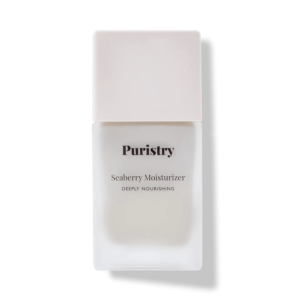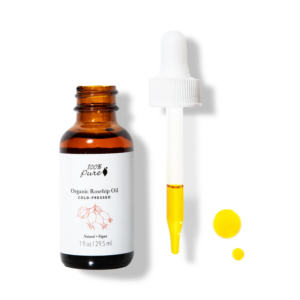Nurturing Your Skin

Eczema, also known as atopic dermatitis, is a common skin condition that affects millions of people worldwide. It is characterized by dry, itchy, and inflamed skin, often accompanied by redness and irritation. Living with eczema can be challenging, but with proper care and attention, you can effectively manage the symptoms and nurture your skin back to health. In this comprehensive guide, we will explore various strategies and tips to help you navigate the journey of managing eczema.
Understanding Eczema:
To effectively manage eczema, it is essential to understand its causes and triggers. Eczema is believed to be caused by a combination of genetic and environmental factors. Common triggers include allergens, such as dust mites, pet dander, and certain foods, as well as irritants like harsh soaps, detergents, and fabrics. Stress, hormonal changes, and climate conditions can also exacerbate symptoms.
Gentle Cleansing:
When it comes to cleansing your skin, opt for mild, fragrance-free, and hypoallergenic cleansers. Harsh soaps and cleansers can strip away the natural oils from your skin, leading to dryness and further irritation. Avoid hot showers or baths as they can worsen dryness. Instead, use lukewarm water and gently pat your skin dry with a soft towel.

Moisturize, Moisturize, Moisturize:
Moisturizing is key to managing eczema. It helps replenish the skin’s moisture barrier and reduces itchiness and dryness. Choose a thick, fragrance-free moisturizer or emollient cream that suits your skin type. Apply it immediately after bathing, when your skin is still damp, to lock in moisture. Reapply throughout the day as needed, especially in dry or winter climates.
100% Pure Seaberry Moisturizer

Identify and Avoid Triggers:
Pay close attention to your environment and daily routine to identify potential triggers that worsen your eczema symptoms. Common triggers include certain fabrics like wool, synthetic materials, or tight-fitting clothing. Avoid exposure to irritants like strong detergents, perfumes, and harsh chemicals. Additionally, keep a food diary to identify any potential food triggers and consult with a healthcare professional for guidance.
Soothing Baths:
Adding soothing ingredients to your bathwater can provide relief for eczema-prone skin. Colloidal oatmeal, baking soda, or natural oils like coconut or jojoba oil can help soothe and hydrate your skin. However, be cautious with essential oils, as some can irritate the skin further. Remember to moisturize immediately after bathing to seal in the moisture.

Protecting Your Skin:
Protecting your skin from external factors is crucial in managing eczema. Shield your skin from extreme weather conditions, such as cold, dry air, and excessive sun exposure. Use sunscreen with a high SPF and wear protective clothing, including wide-brimmed hats and long sleeves, when outdoors. Avoid scratching your skin and keep your nails short to minimize the risk of infection.
Stress Management:
Stress can trigger or worsen eczema symptoms, so finding effective stress management techniques is essential. Engage in activities that help you relax and unwind, such as yoga, meditation, deep breathing exercises, or pursuing hobbies you enjoy. Getting enough sleep is also crucial for maintaining overall skin health and reducing stress.
Seek Professional Advice:
If your eczema symptoms are severe, persistent, or significantly impacting your quality of life, it is important to seek professional advice. A dermatologist can provide a thorough evaluation, prescribe medication if necessary, and recommend specific treatments tailored to your needs. They can also offer guidance on managing flare-ups and preventing future episodes.
Remember, managing eczema requires patience and consistency. What works for one person may not work for another, so it’s essential to find a skincare routine and lifestyle habits that suit your individual needs. By nurturing your skin with gentle care, avoiding triggers, and seeking professional guidance when needed, you can take control of your eczema and enjoy healthier, happier skin.
Always consult with a healthcare professional or dermatologist for personalized advice and treatment options.




